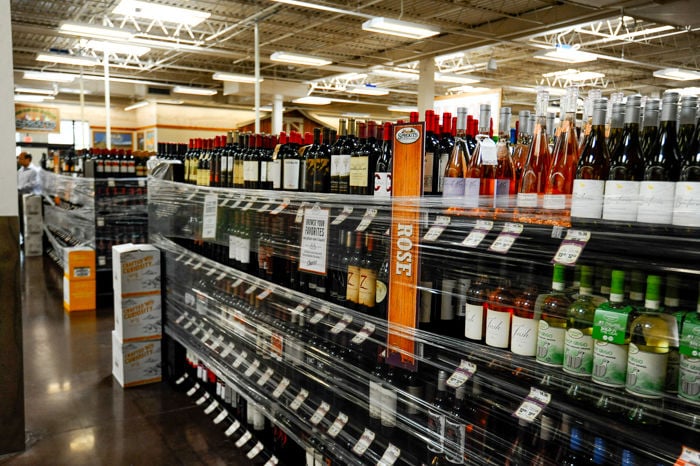


Applicants for a new or transfer liquor license should plan for a three- to six-month process, involving approval from the ABC board, local government, and other state agencies, according to the state’s Alcohol and Marijuana Control Office (AMCO). Getting a license in Alaska is a lengthy affair.
Details proving your age and outlining your business experience. Floor plan of your bar or restaurant’s interior. Photos of the outside of your building. Health permit, also obtained from your state department of health. Food handler’s permit issued by your state’s department of health if you sell food. Partnership agreement, if applicable, from your secretary of state. Certificate of incorporation from your secretary of state. Alcohol tax permit from your state’s tax agency which you can sometimes apply for alongside your sales tax permit. Sales tax permit from your state’s tax agency. Business license, which you can get from either your local small business commission or chamber of commerce. Signage permit, also from your local zoning commission. Building permit from your local zoning commission. Code compliance certificate from the city or town where you operate. Some states don’t allow you to serve alcohol too close to a school zone. Local zoning permit, obtained from the city or town you’re operating in, to make sure you’re legally allowed to serve alcohol in your area. 
Employer identification number, or EIN, from the IRS, for tax purposes.







 0 kommentar(er)
0 kommentar(er)
